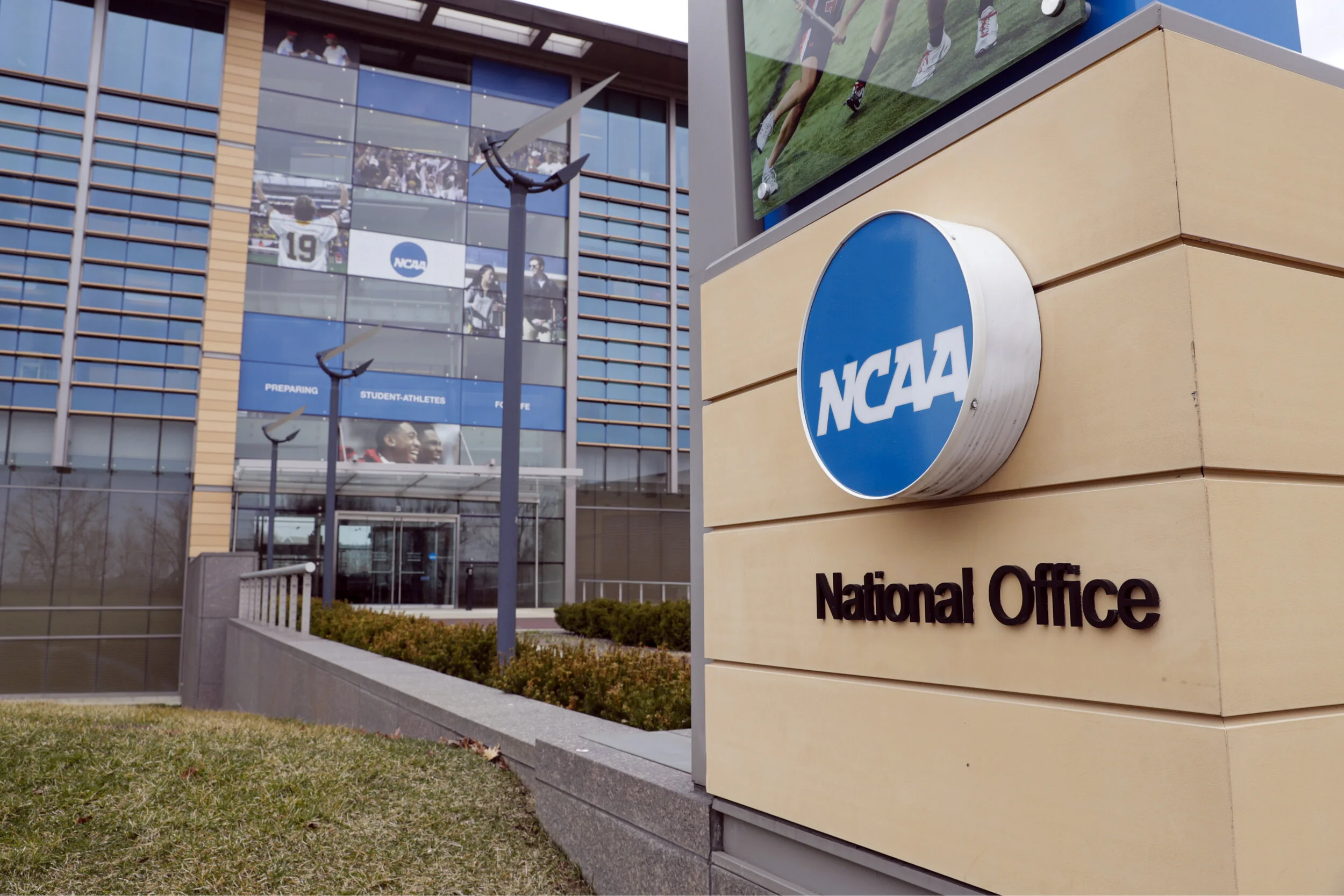Athletes Get One More Year
AP
Spring-sports Broncos granted eligibility for next year
The NCAA decided to allow Division I spring-sport athletes who had their seasons shortened by the coronavirus pandemic to have an additional year of eligibility. The spring sports that fall under this category at Santa Clara are baseball, softball, track and field, beach volleyball, tennis, rowing and golf. This vote gives spring-sport athletes, regardless of their year in school, a way to get back the season they lost.
The council’s decision advocates for athletes, but there’s a catch—financial aid is not guaranteed to the current crop of seniors if they return to play next year. Rather, the council left that up to the individual schools: give its seniors the exact same scholarship they received this academic year, reduce the amount of aid or pull the scholarship entirely.
“We had long discussions around the fact that this does not avoid substantially difficult circumstances, but what we felt was important was to localize that decision-making and to ensure that we were as permissive as possible,” Division I Chairman Grace Calhoun said. “At the end of the day, each institution is going to have to figure out what it can do.”
These choices, particularly the option to extend a current scholarship, could cost a school hundreds of thousands of dollars more than it would usually spend on spring-sport athletes. The extra expenses come at a time when athletic departments could be facing cutbacks. The pandemic forced the cancellation of the NCAA men’s basketball tournament, which cut the association’s distribution by $375 million this year.
Schools will be able to use the NCAA’s Student Assistance Fund (SAF) to pay for scholarships for students who take advantage of the additional eligibility in 2020-21. The SAF typically serves as a safety net for athletes who have financial problems they simply can’t afford. Current regulations prevent SAF to be used for athletic scholarships, but this rule could be overlooked for seniors in this particular case.
Given the economic hardship many families may be experiencing and the decreased revenue within the NCAA, SAF funds will take a hard hit. The NCAA planned to issue $600 million to Division I schools in 2020-21. However, due to the coronavirus pandemic canceling March Madness and other popular spring sporting events, the council’s revenue stream is severely impacted. The NCAA will issue $225 million—less than half of what was previously budgeted—to schools in June.
Therefore, individual athletic programs, especially smaller programs that don’t make a large profit from massive football and basketball teams, will have to make some tough roster decisions.
"The next 12 months are going to be extremely hard on a lot of colleges and universities, especially small colleges that aren't going to have tuition revenue," NCAA president Mark Emmert told ESPN. “The revenue from the tournaments isn't going to be there, and the revenue from us is unlikely to be as big as it has been in the past.”
Winter sports whose seasons were cut short were not included in this decision because many athletes had completed all or most of their regular seasons. In addition, Calhoun said the council has not yet considered this possibility for fall sports, including football.
“There was an acknowledgment that we don’t know the future and if other seasons are canceled other things happen in the future we’ll have to take that up with the individual merits of the case at time,” Calhoun said.
Certainly, there will be a handful of seniors who are ready to move on from their athletic careers, dive into the workforce, continue onto graduate school or are simply finished with college. It is unclear what many Broncos will decide for their future given this recent news. Once they iron out the details of their athletic careers, a few senior athletes may stampede into other endeavors. But for the senior athletes who remain hungry and are not ready to let go, this ruling by the NCAA gives them a second chance.
The Associated Press contributed reporting. Contact Lacey Yahnke at lyahnke@scu.edu or call (408) 554-4852.
